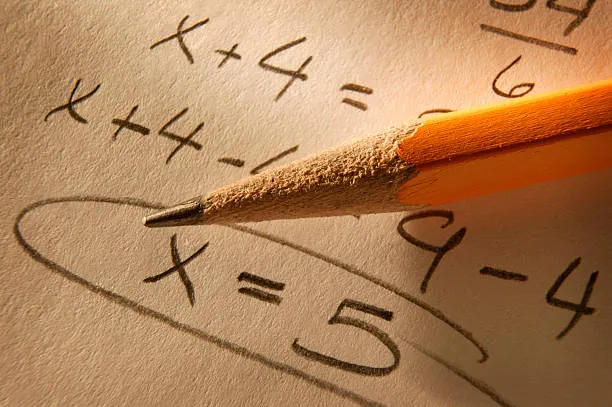History of Algebra

Algebra, one of the fundamental disciplines of mathematics, has a long and fascinating history of development. From ancient Greece to the modern world, algebra has evolved and transformed over time.
Ancient Roots
The roots of algebra extend back to the ancient civilizations of Mesopotamia and Egypt. These early cultures developed mathematical techniques for solving equations and calculating unknowns.
Arabic Contributions
During the Golden Age of Islamic sciences in the Middle Ages, Arab mathematicians made significant contributions to algebra. Al-Khwarizmi’s book “Kitab al-Mukhtasar fi Hisab al-Jabr wal-Muqabala” contributed to the spread of algebraic concepts in Europe.
Renaissance and Modern Era
The Renaissance brought a revival of interest in mathematics. Mathematicians like François Viète and René Descartes developed algebraic methods for solving geometric problems and laid the foundation for more modern algebraic notation.
Modern Algebra
The development of modern algebra in the 19th and 20th centuries brought groundbreaking advancements. Group theory, ring theory, field theory, and abstract algebra contributed to making algebra a distinct and comprehensive mathematical discipline.
Applications and Connections
Algebra is not just an abstract mathematical discipline; it also has diverse applications in physics, computer science, engineering, and other fields. Algebraic concepts play a crucial role in modern technologies and research.
Summary
The history of algebra is a journey through millennia of human discovery and understanding. From its early beginnings to modern algebra, its development reflects not only mathematical innovations but also its influence on science, technology, and human creativity.